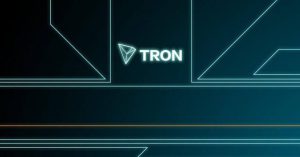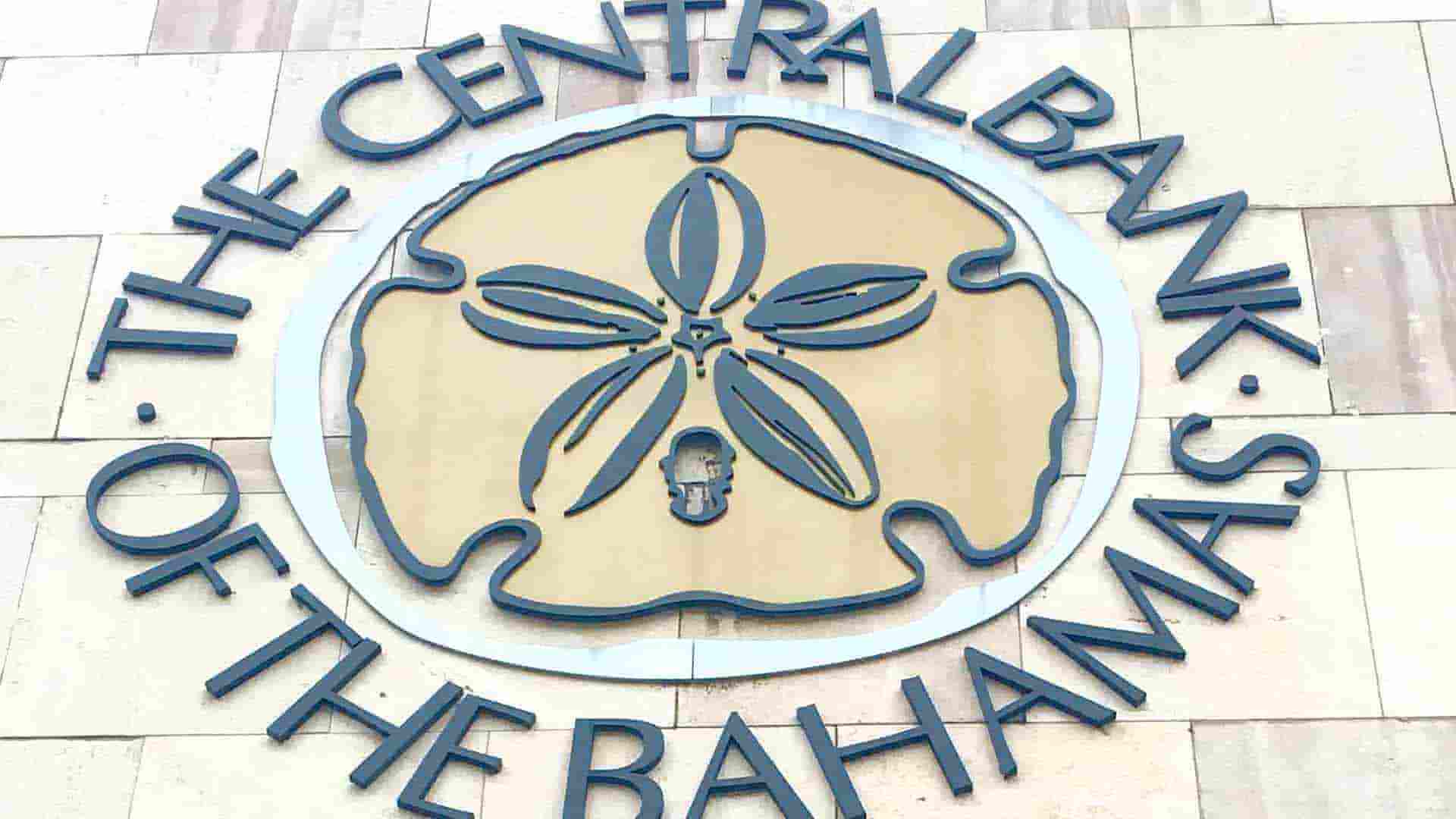Join Our Telegram channel to stay up to date on breaking news coverage
The TRON blockchain is currently accommodating up to 12 percent of the entire circulation of Tether tokens, following a $100 million chain swap.
Tether is widely regarded by many as the first stablecoin in the world, and there are several other assets in its class that has been launched with its operation as the archetype of theirs. However, when Tether launched on April 18, 2019, it was hosted on the TRN blockchain, as both firms believed that a partnership between both of them would have been beneficial.
In a press release announcing their decision to host USDT on the TRON blockchain back in March, both companies believed that TRON was a credible blockchain to host an asset with the anticipated magnitude of Tether, while the asset would also have made the TRON blockchain much more attractive to institutional cryptocurrency investors and developers of enterprise-level crypto projects as well.
Putting more assets in one place
On October 25, however, the TRON Foundation, as well as TRON developer Justin Sun, confirmed on twitter that there are now 450 million USDT tokens on the TRON blockchain, essentially accounting for 10 percent of all USDT tokens available on the market.
350 million to 450 million in 1 day! #TRON #TRX #TRC20 #USDT https://t.co/J0uZ1WjjUU
— TRON DAO (@trondao) October 25, 2019
Subsequently, cryptocurrency market tracking service Whale Alert posted that it had noticed a separate transaction which involved 40.1 million USDT tokens being minted by the Tether Treasury. Providing further clarity to the development, Paolo Ardoino, the chief executive of cryptocurrency exchange Bitfinex (a company that is also owned by iFinex, the parent company of Tether) explained that the transfer was the result of a chain swap (essentially, the process of moving crypto assets from one blockchain to another) from the Ethereum blockchain to TRON.
Thanks to the chain swap, the amount of USDT tokens on the TRON blockchain now make up to 12 percent of the total tokens available. While Ardoino didn’t provide any reason for the chain swap, it is expected that both companies wanted to move the tokens back to the blockchain from which they originated from.
A warning note to Ethereum
The success of platforms such as TRON has eaten into the supremacy of the Ethereum blockchain. A few years ago, Ethereum was seen as not just the biggest challenger to Bitcoin, but as a platform which held more sway to developers because of its enabling blockchain.
Thanks to this, many cryptocurrency (and most especially, stablecoin) developers gravitated to Ethereum. However, it would seem that this trend is beginning to change. Earlier this month, Blockchain.com released its 2019 State of Stablecoins, and in it, the firm revealed that the supremacy of the Ethereum blockchain for stablecoins is under some serious threat. The report notes that only 50 percent of all stablecoins are based on the Ethereum blockchain, as the landscape for the stablecoin market is now changing.
The report notes that there are 33 Ethereum based stablecoins, while eight are based on Bitshares and six on Stellar. In addition to that, stablecoin developers are said to be looking into more diversified options, including pre-launching and running on combined platforms. Others have also chosen to work with popular forks (such as Nos and Xank), some have launched their blockchains, and some have begun using proprietary blockchains.
EOS was also noted as another viable option, as stablecoin projects such as Carbon and EOSDT have chosen that blockchain as their berth.
Join Our Telegram channel to stay up to date on breaking news coverage


